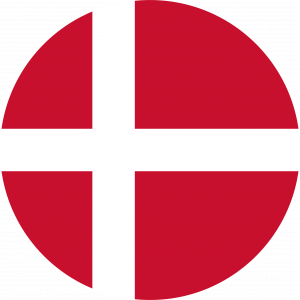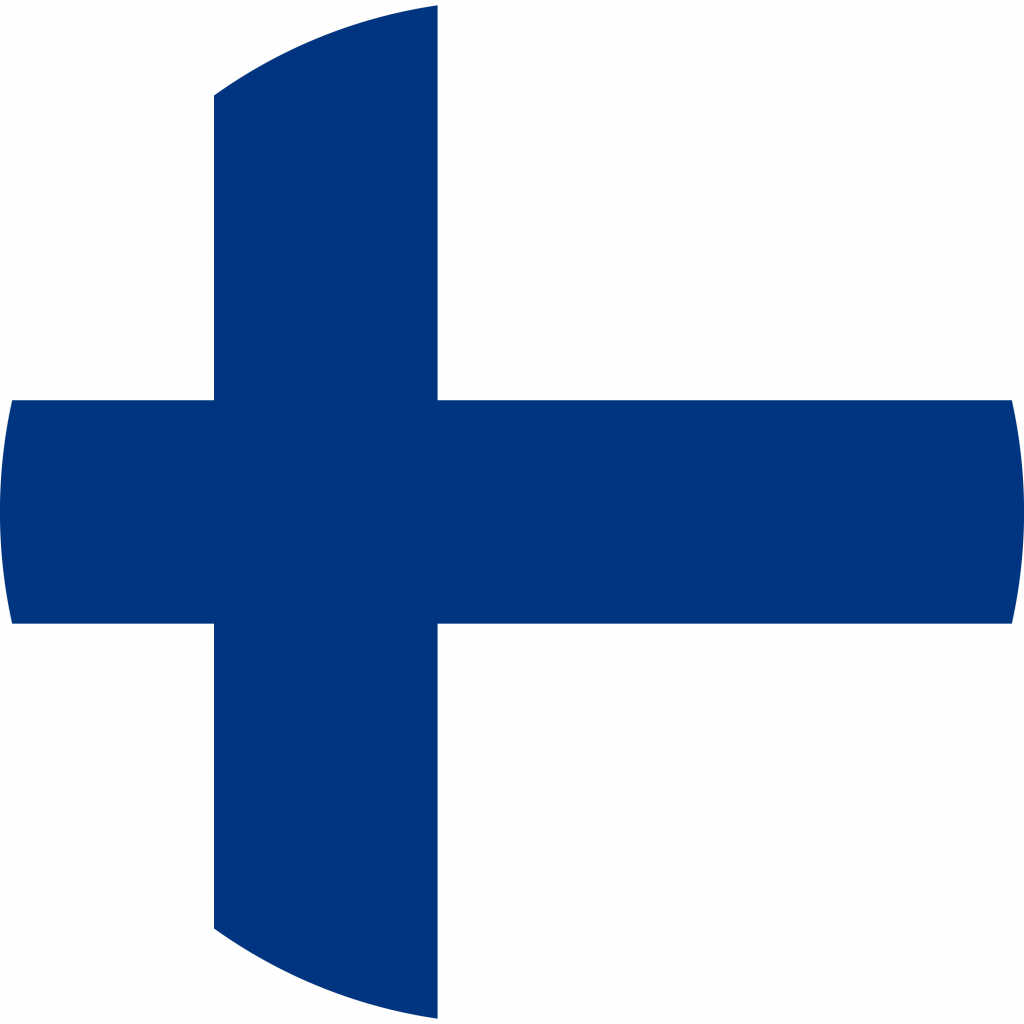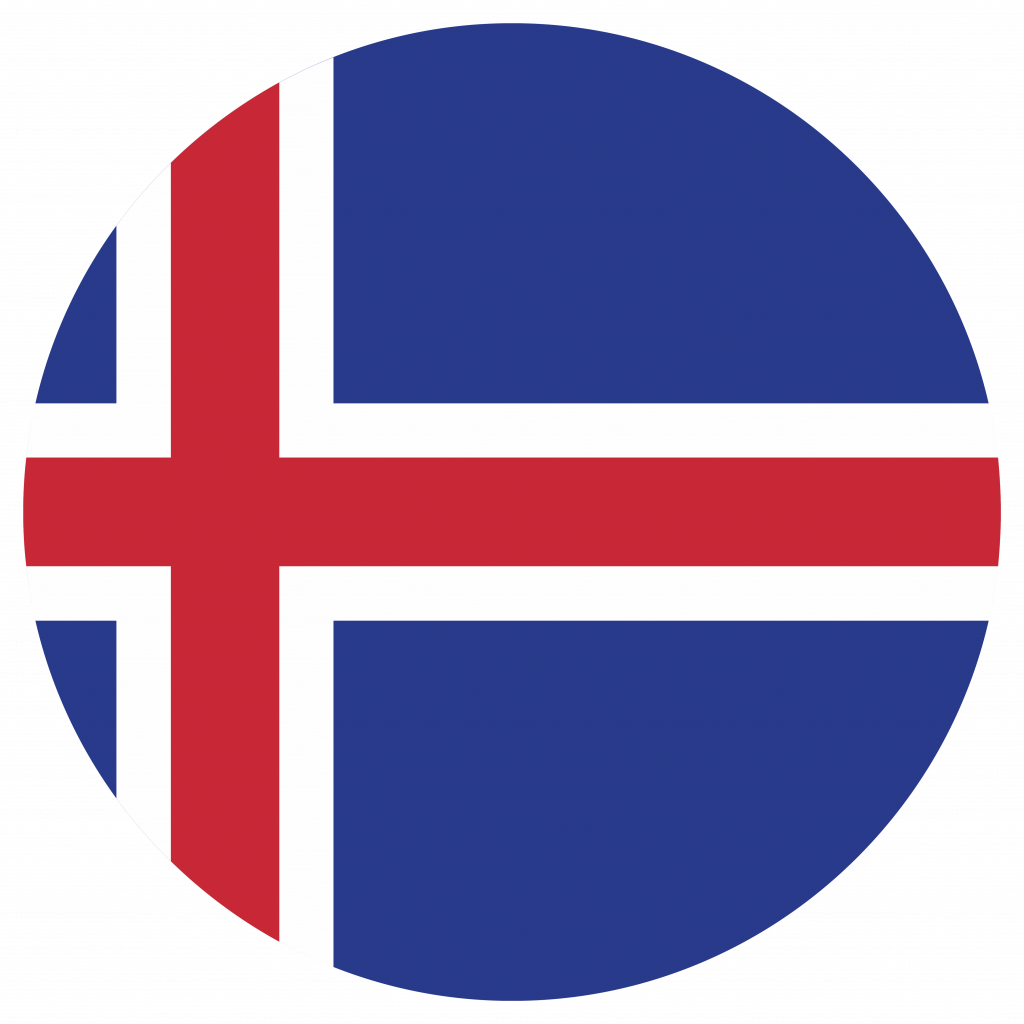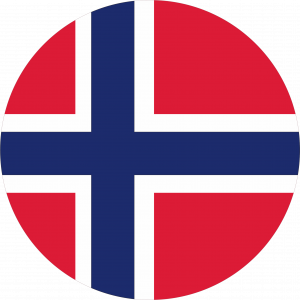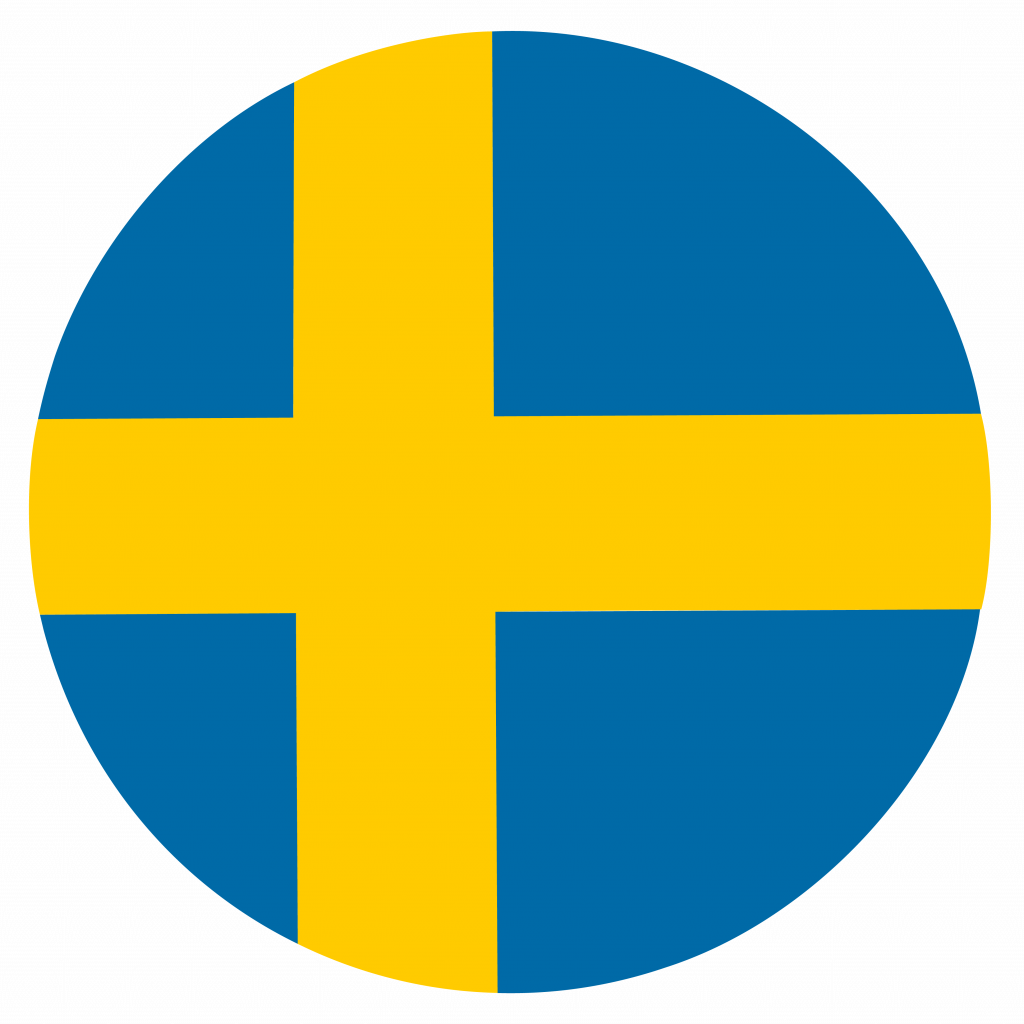Nordic Languages as Second Languages

In recent years, the Nordic countries have received large numbers of migrants as a result of forced and voluntary migration, which has led to a great diversity of engagement with Nordic languages as second languages. The research network Nordic Languages as Second Languages brings together researchers from Denmark, Finland, Iceland, Norway, Scotland, and Sweden, and was created to establish a cross-Nordic perspective on the education of migrants across educational levels.
The network was established in 2024 and was financed by Nordplus until august 2025.

Participating research institutions
- Denmark: VIA University College, University College Absalon, University of Southern Denmark
- Finland: University of Jyväskylä
- Iceland: University of Iceland
- Norway: Oslo Metropolitan University, University of Inland Norway
- Scotland: University of Strathclyde
- Sweden: Mälardalen University
The network is affiliated with Network 14 on migration, multilingualism and education in NFPF/NERA, which is the main association for educational researchers in the Nordic countries. In March 2025, the network organized a double symposium on the Nordic languages as second languages at the annual NERA congress organised by the University of Helsinki. Read more about the network and the symposium here: Research Collaboration on Education for Newly Arrived Students – More Important Than Ever – NAFO
Nation-wise overviews of educational policies
An important outcome of the network’s activities is a cross-Nordic overview of educational policies regarding second language education across the educational system. The network has also gathered an overview of resources regarding second language education in the Nordic countries. Network participants who are responsible for authoring the nation-wise texts are listed at the top of each country’s page. Please note that the nation-wise presentations are not to be regarded as comprehensive representations, but serve to highlight the most salient features of the educational policy of each country.
Publications with a comparative perspective on the Nordic countries
Alisaari, J., Møller Daugaard, L., Dewilde, J., Harju-Autti, R., Heikkola, L. M., Iversen, J. Y., Kekki, N., Pesonen, S., Reath Warren, A., Straszer, B., & Yli-Jokipii, M. (2023). Mother tongue education in four Nordic countries – problem, right or resource?. Apples – Journal of Applied Language Studies, 17(2), 52–72.
Emilsson Peskova, R., Lindholm, A., Ahlholm, M., Vold, E. T., Gunnþórsdóttir, H., Slotte, A., & Esmann Busch, S. (2023). Second Language and Mother Tongue Education for Immigrant Children in Nordic Educational Policies: Search for a Common Nordic Dimension. Nordic Studies in Education, 43(2), 128–144.
Helakorpi, J., Dovemark, M., Rasmussen, A. & Holm, G. (2023). Positions of newly arrived students in Nordic education policies and practices. Nordic Studies in Education, 43(2), 111–127.
Hernes, V., Danielsen, Å. Ø., Tvedt, K., Staver, A. B., Tronstad, K., Łukasiewicz, K., … & Franz, Y. (2023). Governance and policy changes during times of high influxes of protection seekers. A comparative governance and policy analysis in eight European countries, 2015-June 2023. NIBR Report; 2023:8
Warren, A.R., Iversen, J.Y & Straszer, B. (2025). Setting the scene: Teacher education for linguistically diverse classrooms in the Nordic region. In Anne Reath Warren, Jonas Yassin Iversen & Boglárka Straszer (eds.), Teacher education for working in linguistically diverse classrooms: Nordic perspectives, 1–30. Berlin: Language Science Press.
